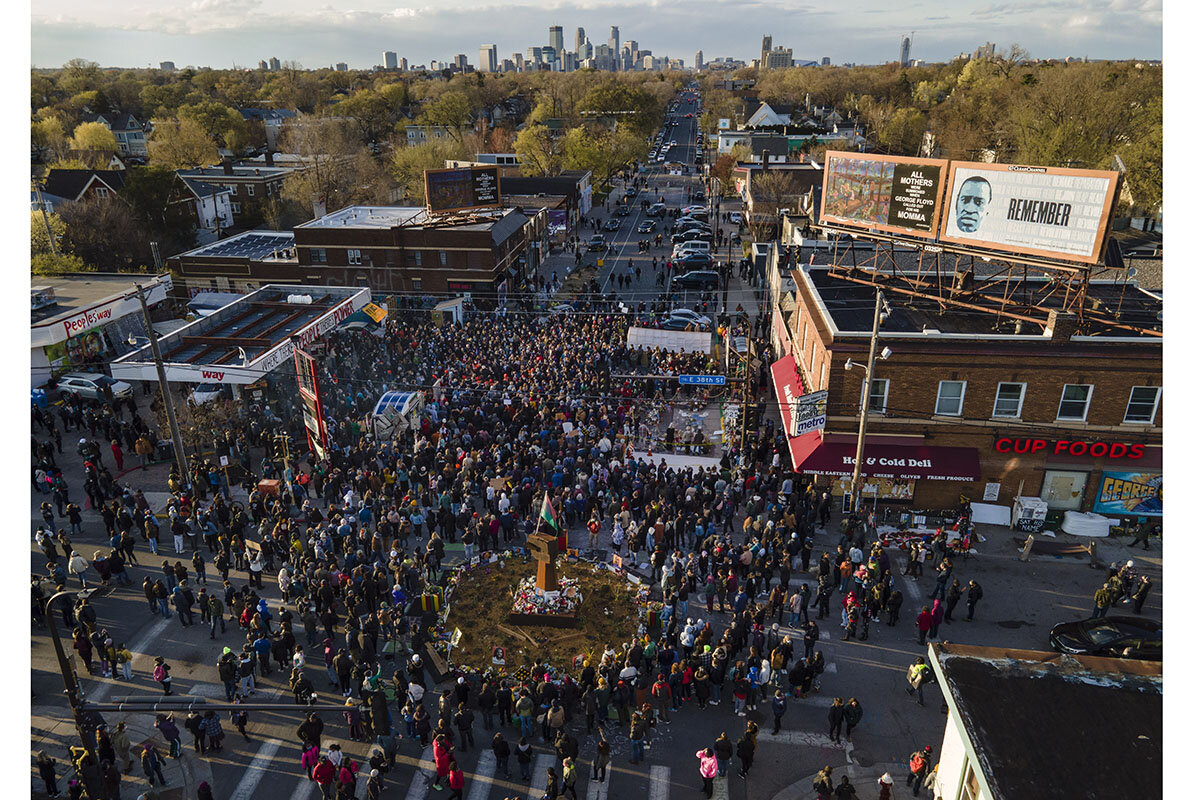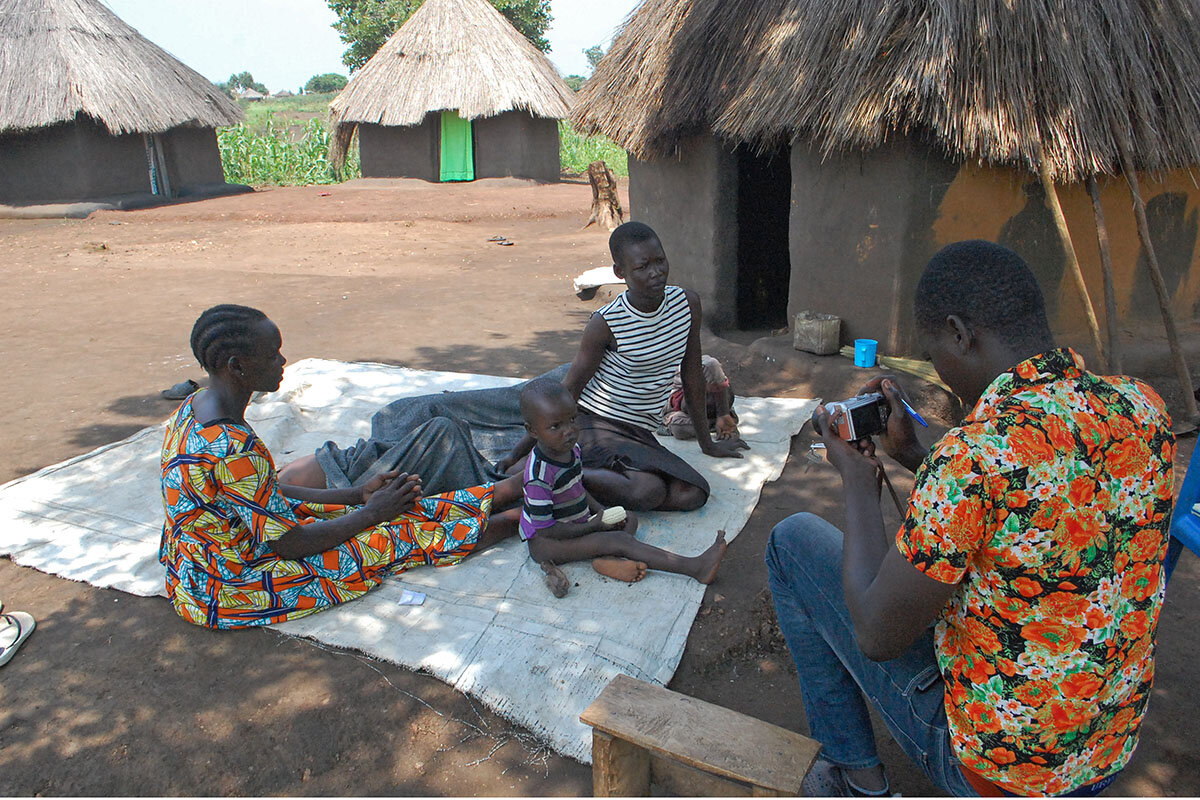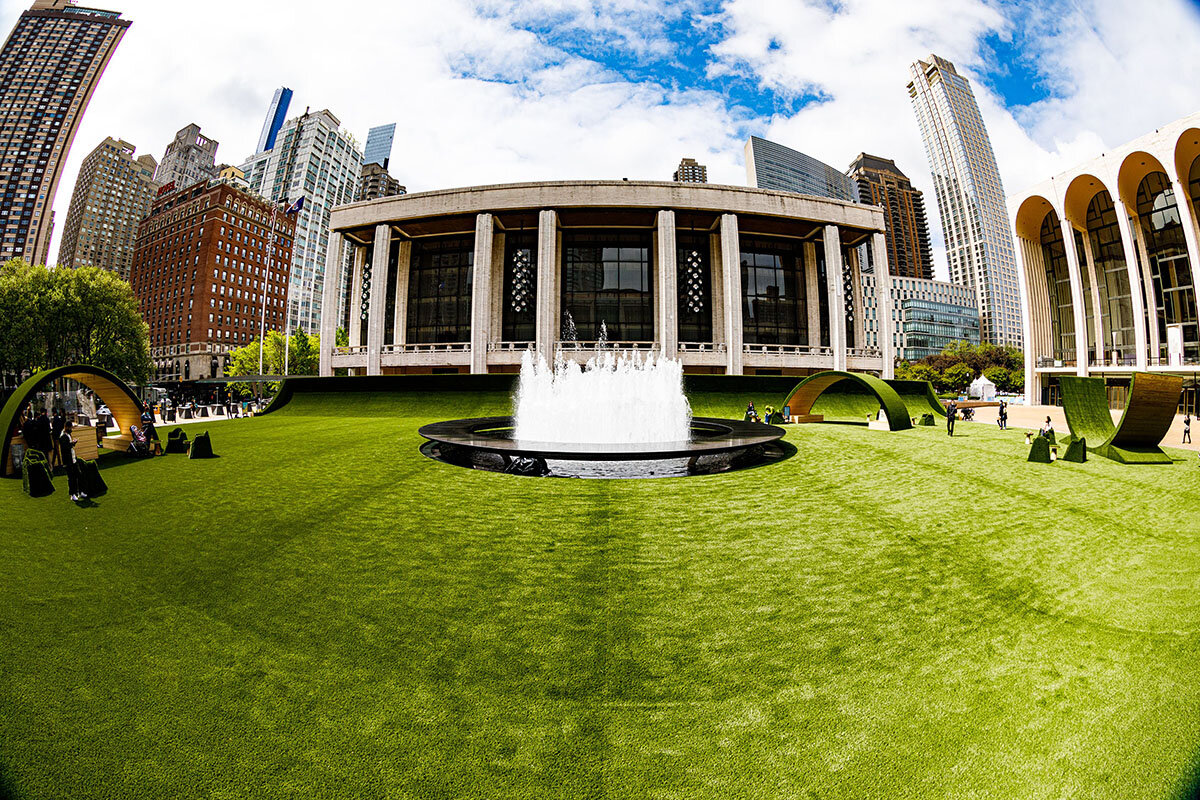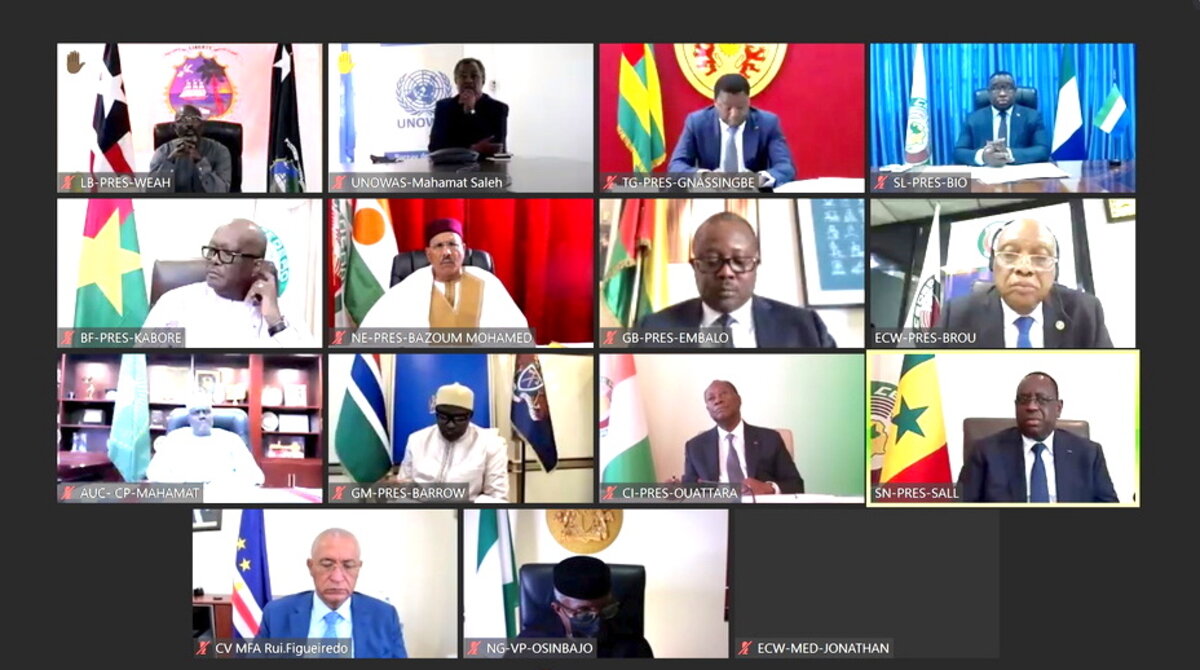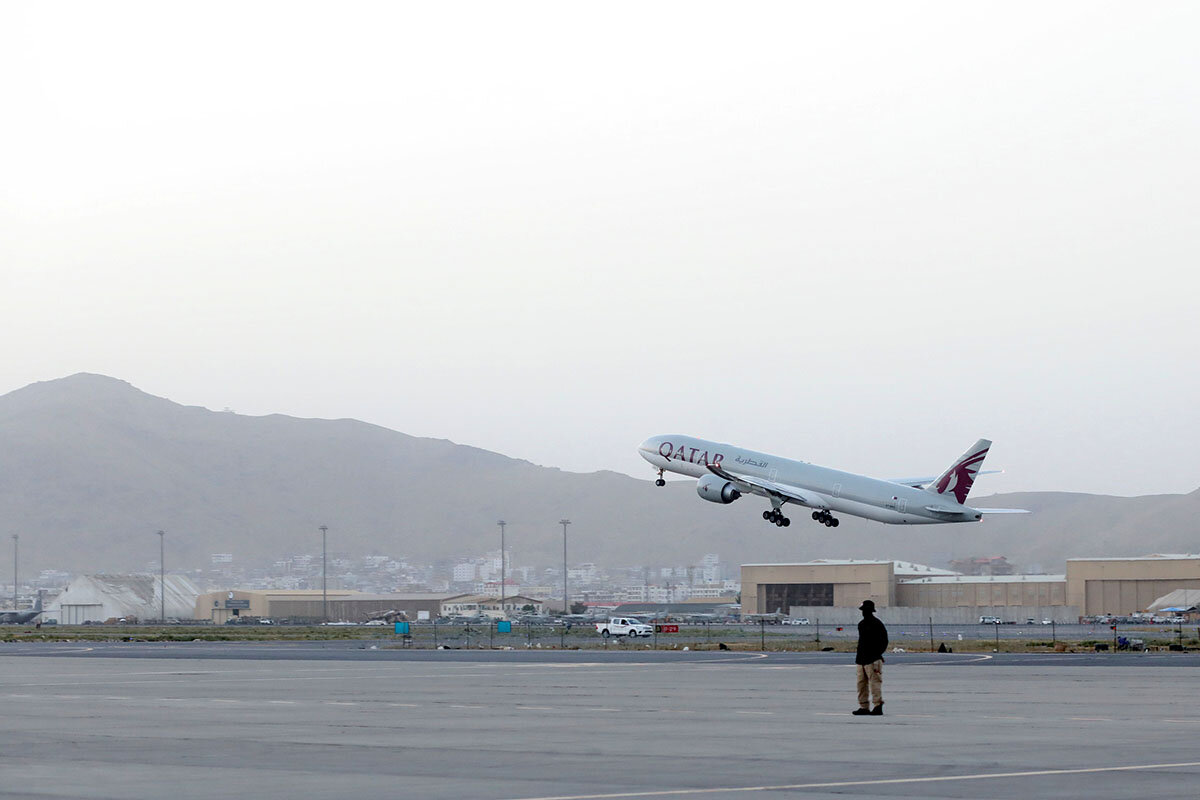New administrations have learning curves. President Biden’s struggles prove that but might also point to a deeper issue: a bureaucracy not nimble enough to meet 21st-century challenges.
Monitor Daily Podcast
- Follow us:
- Apple Podcasts
- Spotify
- RSS Feed
- Download
 Mark Sappenfield
Mark Sappenfield
For a culture writer who has dived fearlessly into the tough issues of race, the idea seemed harmless. Wouldn’t it be fun to rate Beyoncé’s 10 best and 10 worst songs?
Little did Candace McDuffie know. Monitor readers will know Candace. She’s graced our pages many times, writing about music festivals for people of faith and remarkable books by Black authors. But when she wrote her Beyoncé list for Glamour magazine, something odd happened. Twitter went crazy.
How dare she criticize Beyoncé? Who did she think she was? The hate rolled in, topped by the oddest accusation of all: She must be anti-Black. It was a sobering moment. “It was hard to swallow,” she tells me. “All these stories that I’d done about race and Blackness and white supremacy, and it’s a piece about Beyoncé that goes viral.”
Truth be told, writing about race had brought her much worse comments in the past. But it was a reminder of how too often America’s race conversation turns to using identity as a weapon – in this case, a narrow sense of Blackness that sought to punish an opinion outside the collective thinking.
For Candace, it’s all the more reason to keep writing the deeper stories that perhaps don’t go viral, but help America wrestle with the complexity of race. “I’m going to keep doing the work that I do,” she says. “I am a Black person in America, and I want to uphold my people.”





